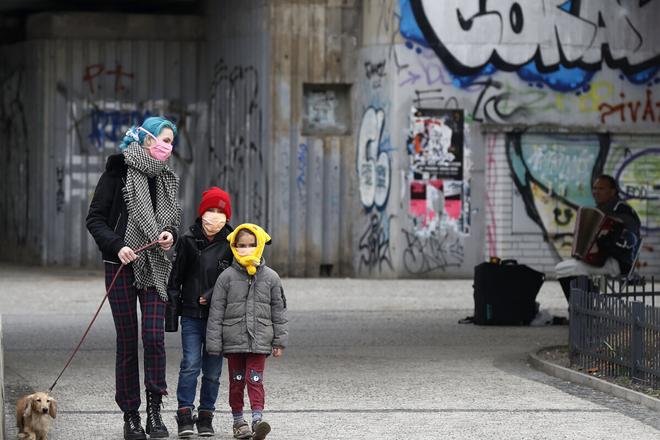"We will remember these days because we said that the most important thing is the traditional family - father, mother and children," Finance Minister Igor Matovič said in the parliament.
In regards to a package that increases child allowances, or tax bonus among other things, he also mentioned the "fight for a traditional family" or the "dream of Slovak families".
The package was approved by the parliament two weeks ago after a shortened legislative procedure.
Just a year ago Matovič described the package as a tool to support the birth rate.
In present-day Slovakia, a woman of childbearing age has about 1.5 children. In order for the country to be economically sustainable in the future, according to demographers the necessary number of children per woman needs to be two.
Although Matovič no longer speaks directly about increasing the birth rate, the support of families is related. What can positively change demographic development are concrete policy measures. However, experts have long cautioned that although financial support plays an important role, it's not a comprehensive solution and will not affect the country's birth rate.

The greater the gender equality, the greater the desire to start families
The fact that financial contributions are not enough on their own can be observed from examples abroad.
Russia, for example, introduced relatively intensive birth control policies almost ten years ago, including financial contributions for a second and third child. However, Olga Avdeyeva, a scientist and expert in political science, claims that for Russia even measures like this are not enough.


 Illustrative stock photo (source: AP/TASR)
Illustrative stock photo (source: AP/TASR)